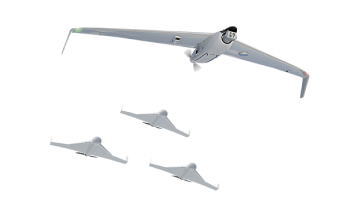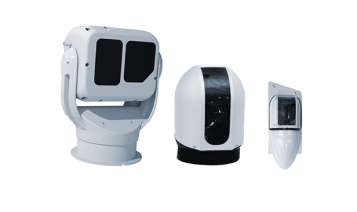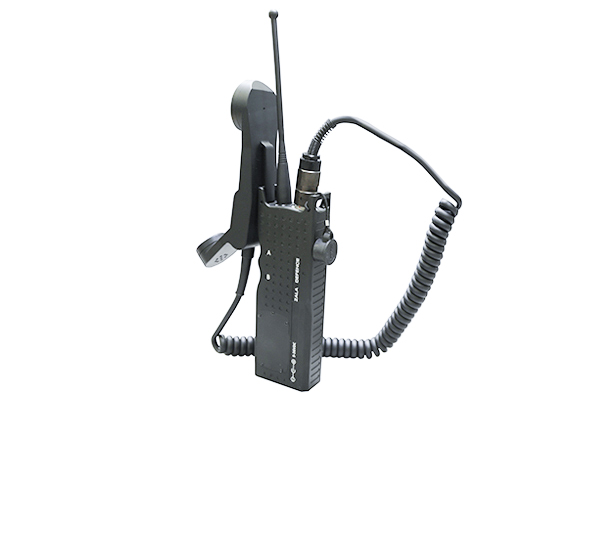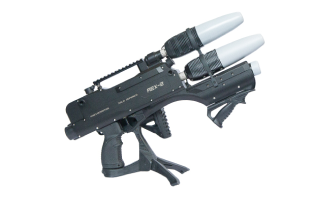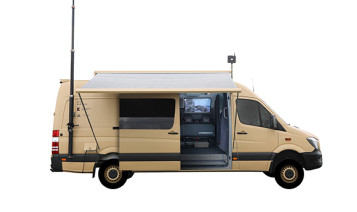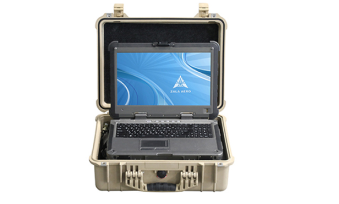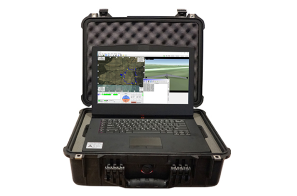Modern technologies in the training of modern professions

We try to follow trends in training and introduce new technologies and methods for effective learning. One of the technologies that has been adapted in our training centre is the Virtual Reality (VR) simulator.
At the heart of virtual reality learning are immersive technologies - a virtual extension of reality that allows for a better perception and understanding of the surrounding reality.
After the theoretical training, the trainees of the training centre are trained on specialised simulators that fully simulate the preparation, launch and control of the BVS.
The simulator combines high-performance hardware and software, which makes it possible not only to train and consolidate the basic skills of BVS control, but also to simulate flights of any complexity in various meteorological and climatic conditions. The advantage of the simulator is the ability to work out the correct sequence of actions for the entire flight task cycle.
The whole process of task execution is controlled by the instructor, who can make changes to the task at any time, create different weather conditions, terrain and abnormal situations.
The system performs objective control and evaluates the result of all operations and actions of the BVS operator, practised on the simulator. Upon successful completion of training on the simulator, the trainee is allowed to practice on the real BVS. In addition, the simulator will help to learn new equipment and take a refresher course.
As practice has shown, information from virtual reality is digested much more deeply than from paper or video instructions, because it is presented in an interactive format. But most importantly, in virtual reality you can hone your aircraft control skills without any risks, experiment with route construction and much more. Regardless of the complexity of the scenario, the student will not harm themselves or others.




